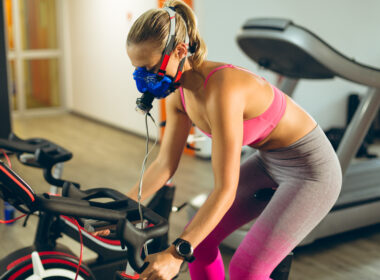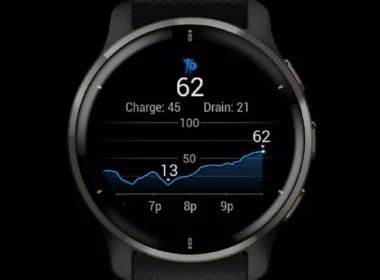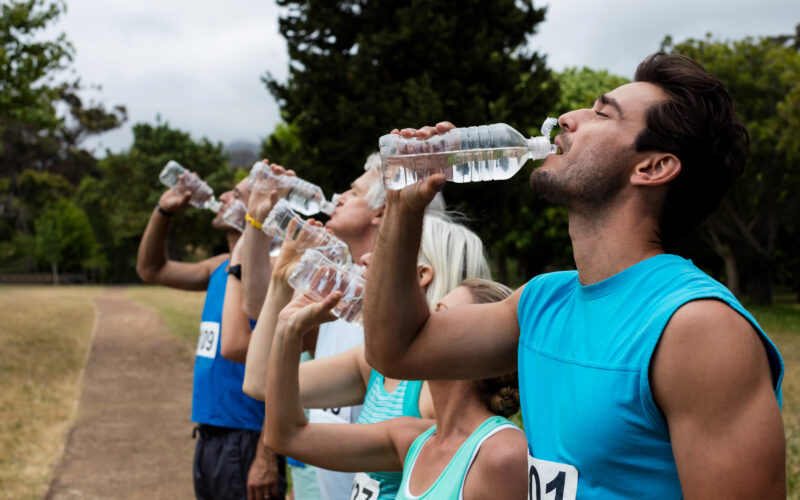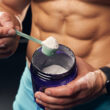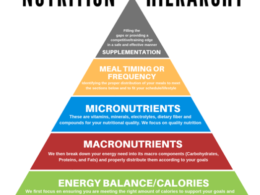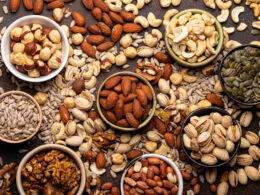Water is one of the essential elements of life, and it is crucial to understand why it is so vital for our overall health and well-being. Water makes up about 60% of our body weight and is involved in many bodily functions, including regulating body temperature, aiding digestion, and transporting nutrients and oxygen to cells. This article will explore the benefits of staying hydrated and how much water you need.
Benefits of Drinking Water
Drinking enough water is critical to maintaining adequate hydration levels, which can significantly impact overall health. Proper hydration can help:
- Regulate body temperature: When we sweat, our body cools down, which requires water. Drinking enough fluid helps our body regulate its temperature and prevents overheating.
- Aid in digestion: Water helps to break down food and move it through the digestive system. Adequate hydration can prevent constipation and keep bowel movements regular.
- Transport nutrients and oxygen to cells: Water is essential for transporting nutrients and oxygen to cells throughout the body.
- Support kidney function: Drinking enough water helps the kidneys flush out waste products and prevent kidney stones.
- Regulate blood pressure: Drinking enough water can help regulate blood pressure levels, which is vital for cardiovascular health.
- Maintain healthy skin: Adequate hydration can keep skin looking healthy and hydrated.
How Much Water Do You Need?
The amount of water a person needs can vary based on factors such as body size, physical activity level, and health conditions. As a general guideline, the National Academies of Sciences, Engineering, and Medicine recommends the following amounts to get adequate water intake:
- Men: About 3.7 liters (or about 13 cups) of total water intake per day
- Women: About 2.7 liters (or about 9 cups) of total water intake per day
It’s important to note that these recommendations include water from all sources, including beverages and water-rich foods.
Increasing Fluid Intake
Many people don’t drink enough water or other fluids to meet their daily needs. If you find it challenging to drink enough water, try these tips to increase your fluid intake:
- Always keep bottled water with you: This reminds you to drink water throughout the day.
- Drink water before, during, and after exercise: Physical activity increases fluid loss, so it’s essential to drink water to replace what is lost.
- Choose water instead of sugary drinks: Sugary drinks can be high in calories and contribute to weight gain. Water is calorie-free and can help with weight loss.
- Eat water-rich foods: Foods like watermelon, cucumbers, and celery have a high water content and can help you stay hydrated.
- Drink water when you feel thirsty: Feeling thirsty is a sign that your body needs water, so listen to your body’s signals.
Water is essential for maintaining good health, and drinking enough water is crucial for overall well-being. Staying hydrated can help regulate body temperature, aid digestion, transport nutrients and oxygen to cells, support kidney function, regulate blood pressure, and maintain healthy skin. Following the recommended daily water intake guidelines and incorporating water-rich foods and beverages into your diet, you can ensure your body has enough fluids to function correctly.
FAQs.
How much water should I drink every day?
A: The National Academies of Sciences, Engineering, and Medicine recommends about 3.7 liters (125 ounces) of fluid per day for men and about 2.7 liters (91 ounces) for women. However, the amount you need may vary based on your body weight, activity level, and health status.
Is it possible to drink too much water?
A: Yes, it is possible to drink too much water, which can lead to a condition called hyponatremia. This occurs when sodium in your blood becomes diluted, which can be life-threatening in severe cases.
Can I get enough water from other beverages besides plain water?
A: Other beverages such as tea, coffee, milk, and fruit juices can increase your daily fluid intake. However, it’s essential to be mindful of added sugars and calories in these beverages.
Can drinking water help with weight loss?
A: Drinking water can help with weight loss by increasing feelings of fullness and reducing calorie intake. Additionally, staying hydrated can help boost metabolism and improve exercise performance.
Can dehydration cause health problems?
A: Yes, dehydration can cause various health problems, such as headaches, dizziness, fatigue, constipation, and kidney stones. It can even lead to life-threatening conditions such as heat stroke in severe cases.
How can I tell if I’m adequately hydrated?
A: One way to tell if you’re adequately hydrated is by the color of your urine. A light yellow or clear color usually indicates adequate hydration, while a darker yellow may indicate dehydration. Additionally, paying attention to your thirst and monitoring your fluid intake can help you stay hydrated.
Should I drink sports drinks instead of water when exercising?
A: Sports drinks can benefit intense or prolonged exercise, providing electrolytes and carbohydrates to help fuel your muscles. However, plain water is usually sufficient for most people engaging in moderate activity to stay hydrated.
How much water should I drink during long runs or rides?
Endurance athletes should aim to drink 6-8 ounces of water every 15-20 minutes during exercise lasting longer than 60 minutes. This will help maintain hydration levels and prevent performance decline.
Should I use sports drinks during endurance exercise?
Sports drinks can benefit endurance athletes as they contain electrolytes and carbohydrates that can help maintain hydration and provide energy for sustained exercise. However, it’s important to choose a sports drink with the right balance of nutrients and use them with water.
How much water should I drink during strength training?
Strength training athletes should aim to drink 8-10 ounces of water before and after their workout and during breaks between sets. This will help maintain hydration levels and prevent muscle cramps and fatigue.
Should I drink water or sports drinks during strength training?
For most strength training sessions, water is sufficient to maintain hydration levels. However, if the workout is particularly intense or lasts longer than 60 minutes, a sports drink may be beneficial to replace electrolytes and carbohydrates lost through sweat.
Can drinking water help with muscle soreness?
While drinking water alone won’t directly reduce muscle soreness, staying hydrated can help prevent muscle cramps and fatigue during exercise, which may lead to less soreness following a workout. Additionally, drinking enough water can help support overall muscle health and recovery.


